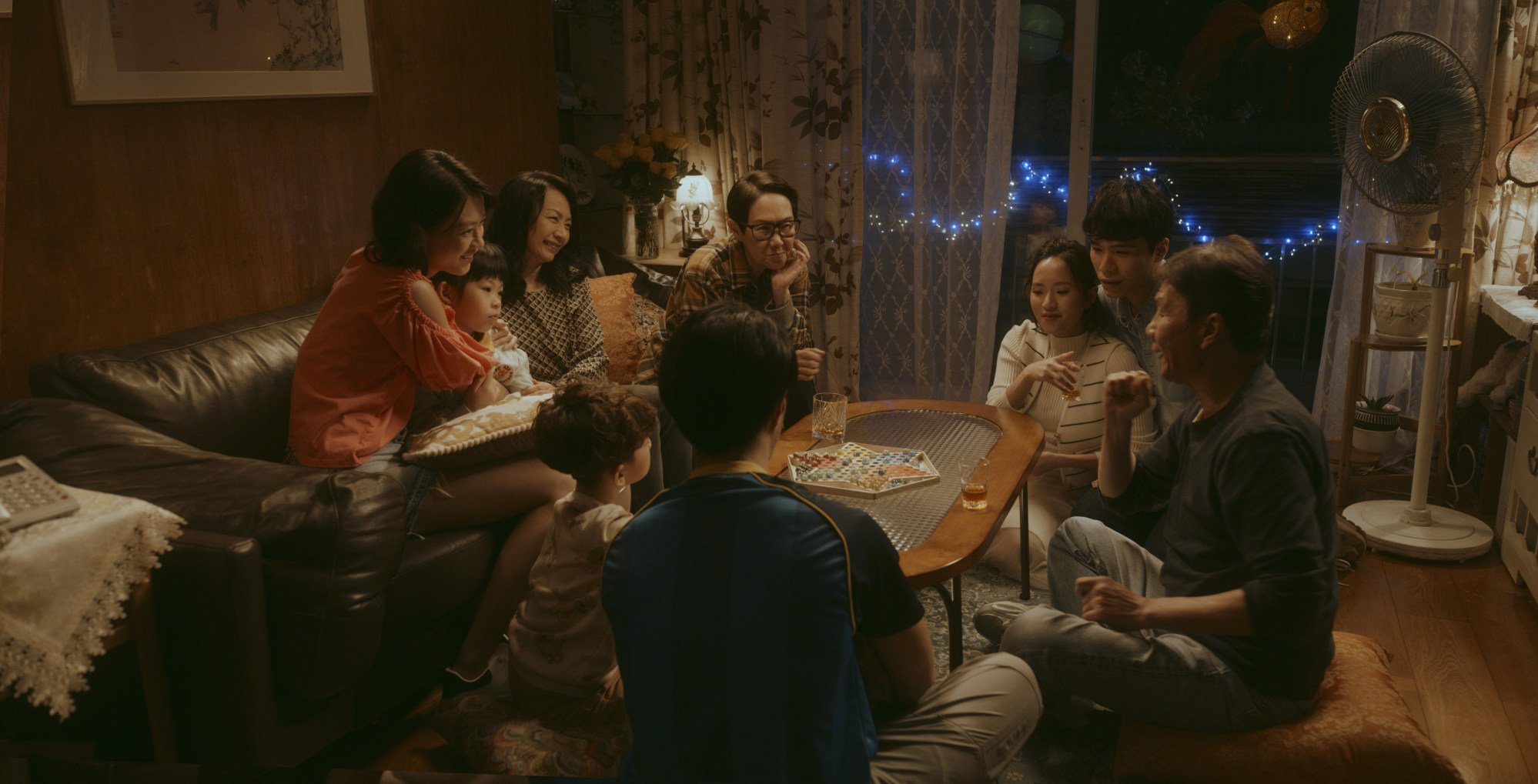If your media diet consists solely of TikToks, you might be led to believe that one is a queer elder by the age of 25. Still, for all the lip service people pay to “queer elders,” there is a severe lack of stories about queer people growing into old age. This is in part a reaction to the grim reality that the HIV-AIDS epidemic cut the lives of a generation of queer men short. Their absence is palpable, yet there are still many queer people who live long lives and are ignored as they don’t fit the narrow societal expectations of queerness as synonymous with youth.
Chinese filmmaker Ray Yeung’s recent films disrupt these assumptions. His 2019 film, Twilight’s Kiss follows two older men who enter a relationship with each other later in life. All Shall Be Well, his most recent film, follows an older queer woman as she grapples with the death of her partner. It’s a quiet film that is nonetheless a big intervention into our collective imagination about queerness and aging.
Set in modern-day Hong Kong, All Shall Be Well stars Patra Au Ga Man as Angie, a woman in her 60s grieving the abrupt loss of her partner, Pat (Maggie Li Lin Lin). When Pat doesn’t leave behind a will, Angie must appeal to Shing (Tai Bo), Pat’s brother, over funeral arrangements and the future of her and Pat’s apartment. Despite having lived with Pat for over 30 years, Angie is sidelined because she is not legally recognized as Pat’s wife and feels the continuous sting of people referring to her as “Pat’s best friend.”
In All Shall Be Well, the plot is spare. The film runs at a brisk 93 minutes. There is a faint ticking sound in Angie’s apartment, and the camera roams throughout the scene, restless. Opening with a Mid-Autumn Festival party, Angie and Pat’s apartment is full of joy as they and their extended family cut into mooncakes. As the film progresses, Angie and the apartment itself appear diminished.
It is All Shall Be Well’s relative simplicity that allows Patra Au’s performance to shine. At moments, Angie is overwhelmed by grief, but for the most part, her sorrow manifests itself in a forlorn look or pause in her movements. Despite the heavy subject matter, the film features few displays of affection. Even Angie’s queer support system approaches the issue with frustration or pragmatism, making the final scene with a flashback of a kiss between Angie and Pat such a relief, even if it is bittersweet.
Pat’s wish to have her ashes scattered in the ocean remains unfulfilled, rendering any vision of water painful. A recurring motif of fish, trapped in bags or tethered by strings, symbolizes the desire for freedom. The film culminates with Angie spreading yellow flowers over the ocean in honor of Pat’s last wish. All Shall Be Well doesn’t have to tell us to be sad; Patra Au’s subtle performance and Yeung’s assured direction make you feel sad.
While many of the issues that Angie faces are unique to her position as a queer person, there is also a universality to the difficulty of dealing with death. Shing is in some ways less powerful than Angie. Angie and Pat were retired after running a successful textile factory. Despite his age, Shing works under the table as a night shift parking lot attendant. He and Angie may be at odds, but he is not actively trying to thwart her. He is merely a man trying to maintain his dignity despite his low-class status. Pat rose above her station, and he did not. He has two adult kids who are struggling,and can barely afford Pat’s niche, making him desperate for Angie and Pat’s refined apartment. Shing’s character highlights the grim reality that death often presents both loss and financial opportunity.
All Shall Be Well stands apart from many queer films, focusing not on a younger person coming out but on an older woman in her 60s navigating issues typical for women her age—who happens to be queer. All Shall Be Well echoes A Fantastic Woman (2017), a Chilean film that follows a young trans woman dealing with the death of her older boyfriend. Both films explore the unique struggles of grief and mourning for queer people as the protagonists confront families who are less than accepting of their relationships. However, while A Fantastic Woman centers on a younger trans woman, Angie must contend with the unique tragedy of spending her later years alone.
All Shall Be Well risks being a contrived queer tragedy. While its focus on an older queer person is unique, it approaches serious themes surrounding loss without succumbing to melodrama. Instead, it is an understated film highlighting the universal experience of loss and the strain grief can put on relationships, the prejudices it can unveil. All Shall Be Well deals with a unique subject in a universally relevant way. It’s a tender story of love and grief that will make you cry and smile, sometimes at the same time.

